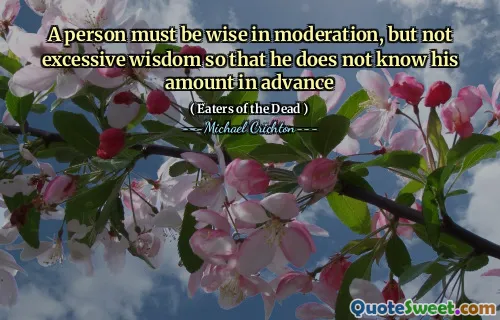
Every noble crown is and on earth will ever be a crown of thorns.
This quote profoundly captures the inherent hardship and sacrifice associated with greatness and leadership. It suggests that noble achievements, statesmanship, or any form of true honor are often accompanied by suffering and adversity. The crown, a symbol of authority and achievement, specifically a noble crown, is juxtaposed with the painful image of thorns, historically associated with suffering, humility, and sacrifice. The idea reflects the timeless truth that those who strive for noble purposes often endure hardships that others may not see or understand. Leadership and greatness are often entwined with responsibility—responsibilities that can lead to personal suffering, loneliness, or sacrifice for the greater good.
Throughout history, figures of power and moral integrity have often had to accept the 'crown of thorns' as part of their journey. It is a reminder that true nobility does not come without cost. This perspective challenges the superficial admiration for power or fame, urging us instead to recognize the sacrifices behind such achievements. It calls for humility and acknowledgment of the suffering that shapes enduring greatness. From a spiritual or moral viewpoint, this quote also hints at the idea that sacrifice is integral to virtue and honor. The symbol of the crown of thorns, famously associated with Christ in Christian tradition, further underscores themes of humility, sacrifice, and the moral weight carried by those in positions of influence.
In essence, the quote encourages reflection on the nature of true nobility and leadership: that they are often marked by suffering, but this suffering imbues them with meaning and authenticity. Accepting the burdens that come with noble pursuits is part of integrity and genuine achievement. It reminds us to see beyond superficial appearances and to understand the true price of greatness in any realm of life.











